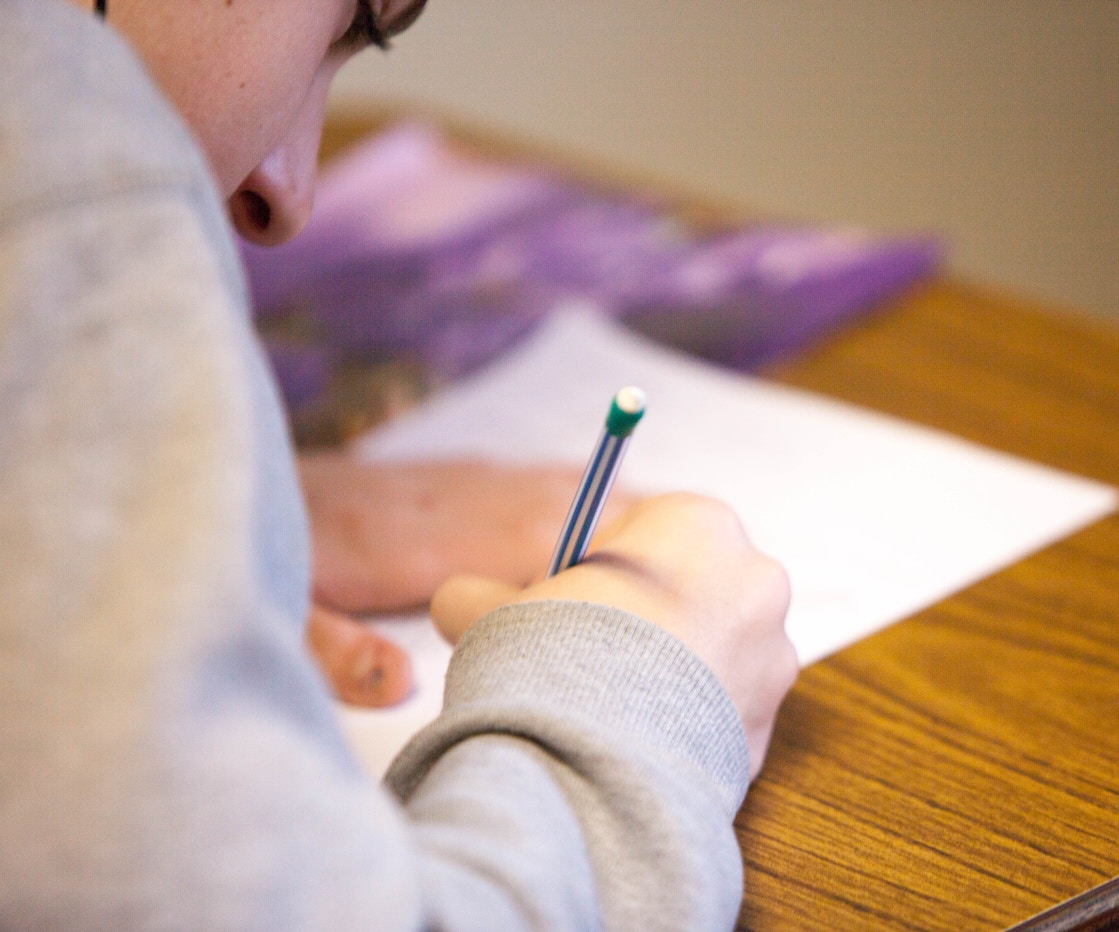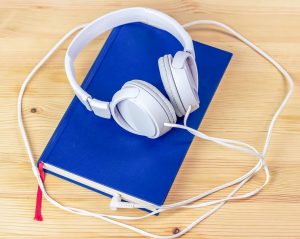Three No-Cost Ways to Support Mental Health in Schools
 A survey conducted in February by the Pew Research Center found that 70 percent of teenagers identified mental health as a major issue among their peers—a number higher than bullying, drug addiction, or gangs. So with numbers that high, it should be assumed that public school funding would be prioritizing student mental health, but that’s not the case. In fact, too often, it’s our support staff who bears the weight of the financial crises facing public education. Read more ›
A survey conducted in February by the Pew Research Center found that 70 percent of teenagers identified mental health as a major issue among their peers—a number higher than bullying, drug addiction, or gangs. So with numbers that high, it should be assumed that public school funding would be prioritizing student mental health, but that’s not the case. In fact, too often, it’s our support staff who bears the weight of the financial crises facing public education. Read more ›


 Occupational therapy, or OT, can help people of all ages do the activities of daily living (ADLs) they struggle to do. Occupational therapy for children can lead to big benefits, especially for kids with learning and attention issues.
Occupational therapy, or OT, can help people of all ages do the activities of daily living (ADLs) they struggle to do. Occupational therapy for children can lead to big benefits, especially for kids with learning and attention issues. 
 Recess, for most children, is synonymous with freedom. A break from class that has nothing to do with learning and everything to do with play.
Recess, for most children, is synonymous with freedom. A break from class that has nothing to do with learning and everything to do with play.
 It’s not uncommon for kids to complain of abdominal pain around the start of the school year, before a big test, sports game or performance — when their stress and anxiety levels can be at an all-time high.
It’s not uncommon for kids to complain of abdominal pain around the start of the school year, before a big test, sports game or performance — when their stress and anxiety levels can be at an all-time high. 
 Read-alouds are pretty much a daily standard in elementary schools. But in middle school? Not as much.
Read-alouds are pretty much a daily standard in elementary schools. But in middle school? Not as much.
 Researchers and experienced educators have found that often students
Researchers and experienced educators have found that often students 
 An estimated 26 million students have learning differences, including tens of thousands of students with dyslexia, a neurological condition that affects reading and related language-based processing skills.
An estimated 26 million students have learning differences, including tens of thousands of students with dyslexia, a neurological condition that affects reading and related language-based processing skills.
 The answer to that important question was recently addressed in
The answer to that important question was recently addressed in 
 Autism Spectrum Disorder (ASD) is a complex neurodevelopmental disorder that affects behavior, communication and social functioning.
Autism Spectrum Disorder (ASD) is a complex neurodevelopmental disorder that affects behavior, communication and social functioning.
 The
The 

